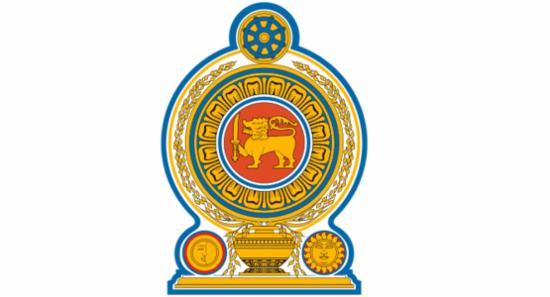.webp)
-733633.jpg)
UNHRC Oversteps Mandate with Sri Lanka Project, Says Envoy
COLOMBO (News 1st); Sri Lanka voiced strong criticism against the Office of the High Commissioner for Human Rights for establishing the Sri Lanka Accountability Project.
Speaking at the UN Human Rights Council, the Permanent Representative of Sri Lanka to the United Nations in Geneva argued that the OHCHR has overstepped its mandate with this initiative.
"We note the High Commissioner’s global update. GA Resolution 60-251, which established the HRC, mandates that its work be guided by universality, impartiality, objectivity, and non-selectivity. The HRC and OHCHR are expected to adhere to these principles and to Resolution 48-141. But in setting up the Sri Lanka Accountability Project, the OHCHR has gone beyond its mandate,” Himalee Arunatilaka, Sri Lanka’s Permanent Representative to the United Nations in Geneva stated.
She described the project as an “unprecedented external mechanism imposed on a sovereign country,” emphasizing that Sri Lanka has consistently cooperated with the UN’s regular human rights mechanisms.
Arunatilaka argued that the project diverts scarce resources at a time when the international community should focus on ongoing global conflicts and suffering.
“Expanding externally driven prescriptions and arbitrary assessments without the concerned country’s consent, particularly where domestic mechanisms are in operation, undermine the founding principles of this Council,” she added.
Sri Lanka has reaffirmed its rejection of HRC Resolutions 46/1 and 51/1, advocating instead for the support of domestic initiatives and collaboration with the country concerned as the most sustainable way to advance and protect human rights. Arunatilaka warned that divisive external methods further polarize both international and domestic communities.
She also acknowledged the positive comments from many countries during the Interactive Dialogue on Sri Lanka, which highlighted evident progress on the ground and domestic efforts for reconciliation.
“The Inter-Ministerial Standing Committee on Human Rights is the national framework to ensure efficient coordination and reporting on Sri Lanka’s voluntary commitments regarding human rights and reconciliation,” she concluded.
Other Articles
Featured News





.png )










-819380_550x300.jpg)


-812087_550x300.jpg)
-810262_550x300.jpg)
















.gif)